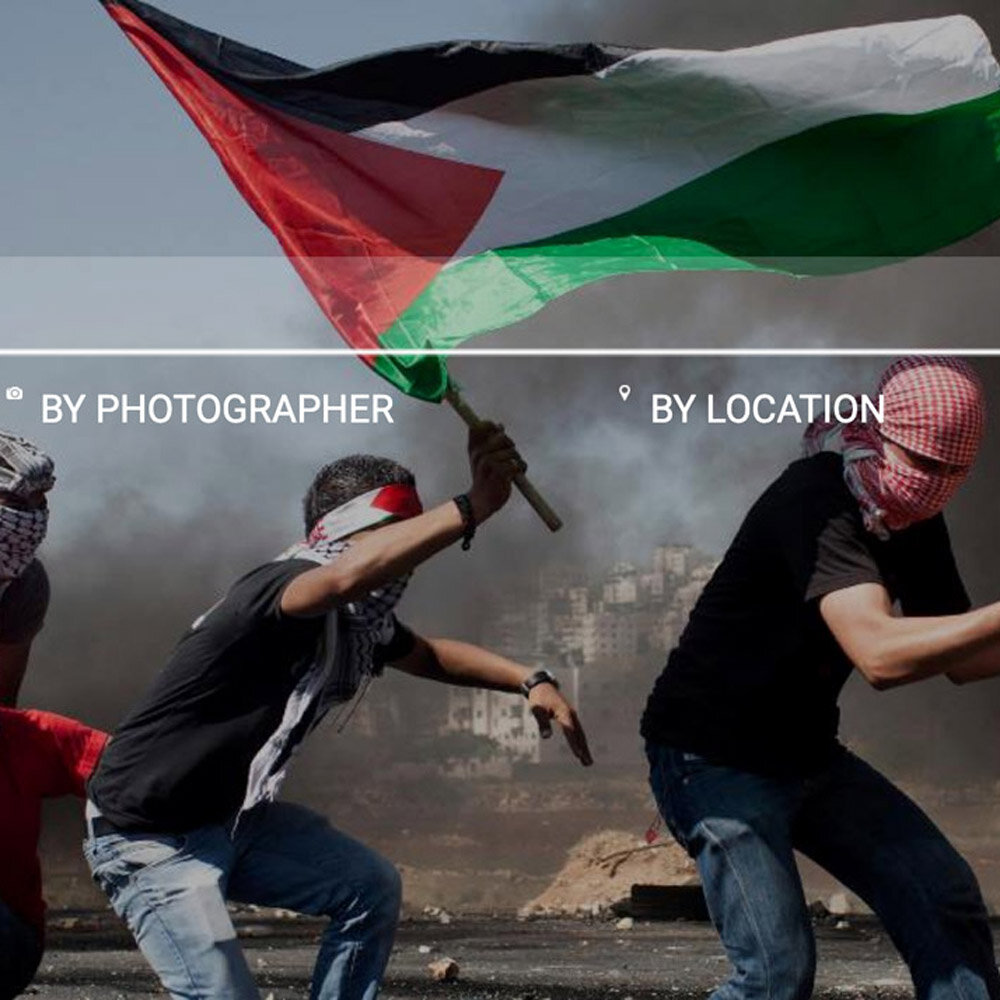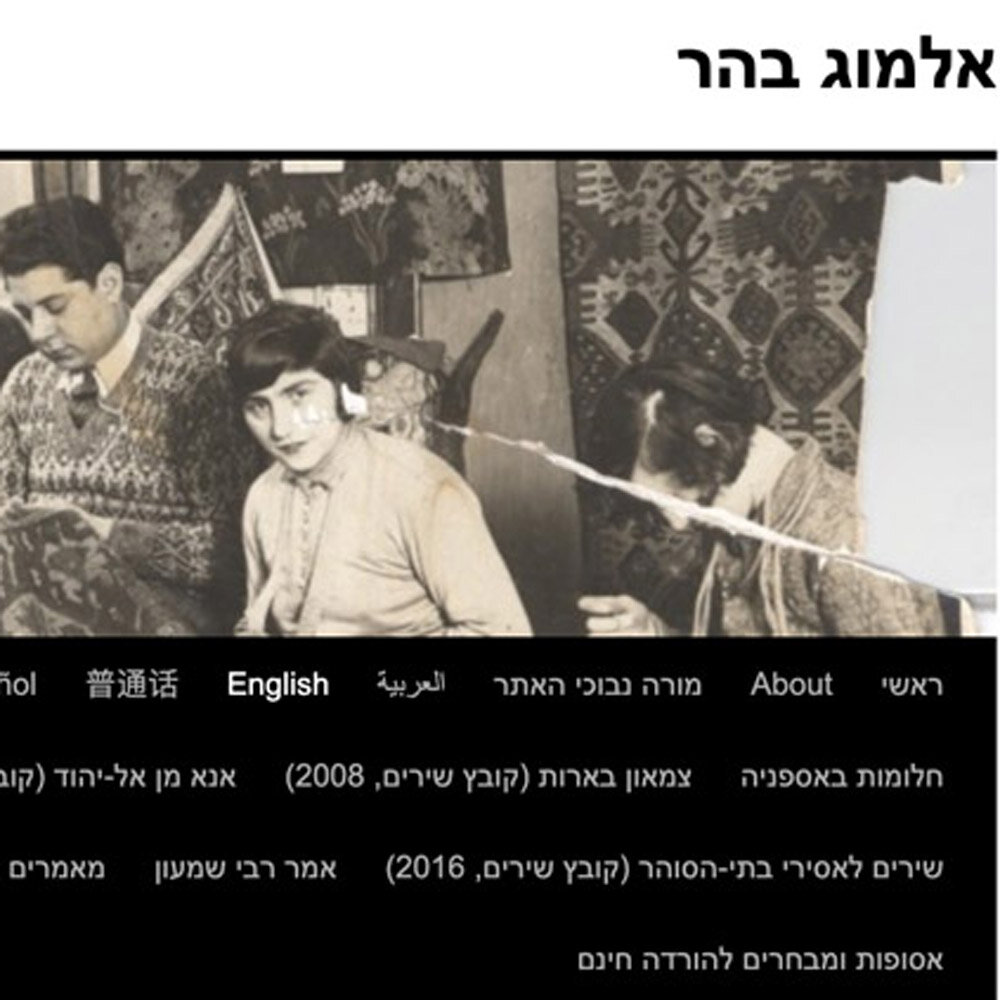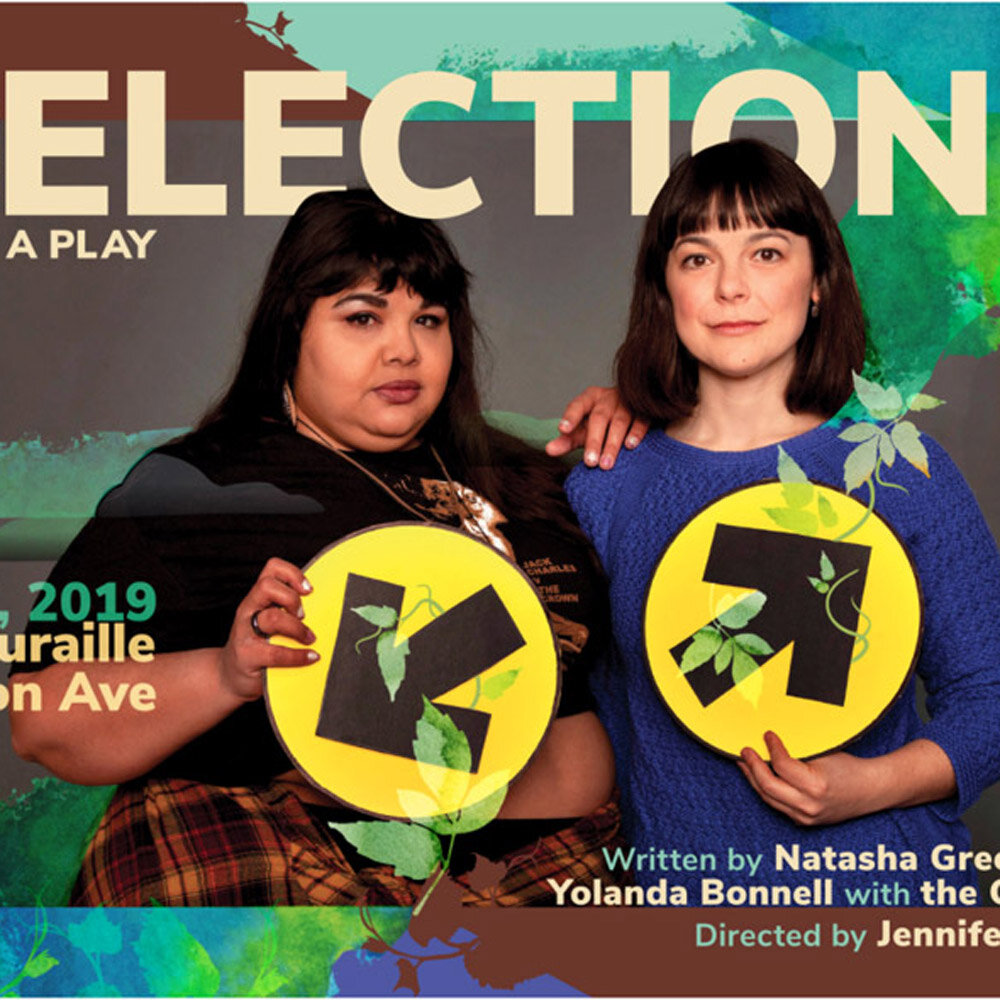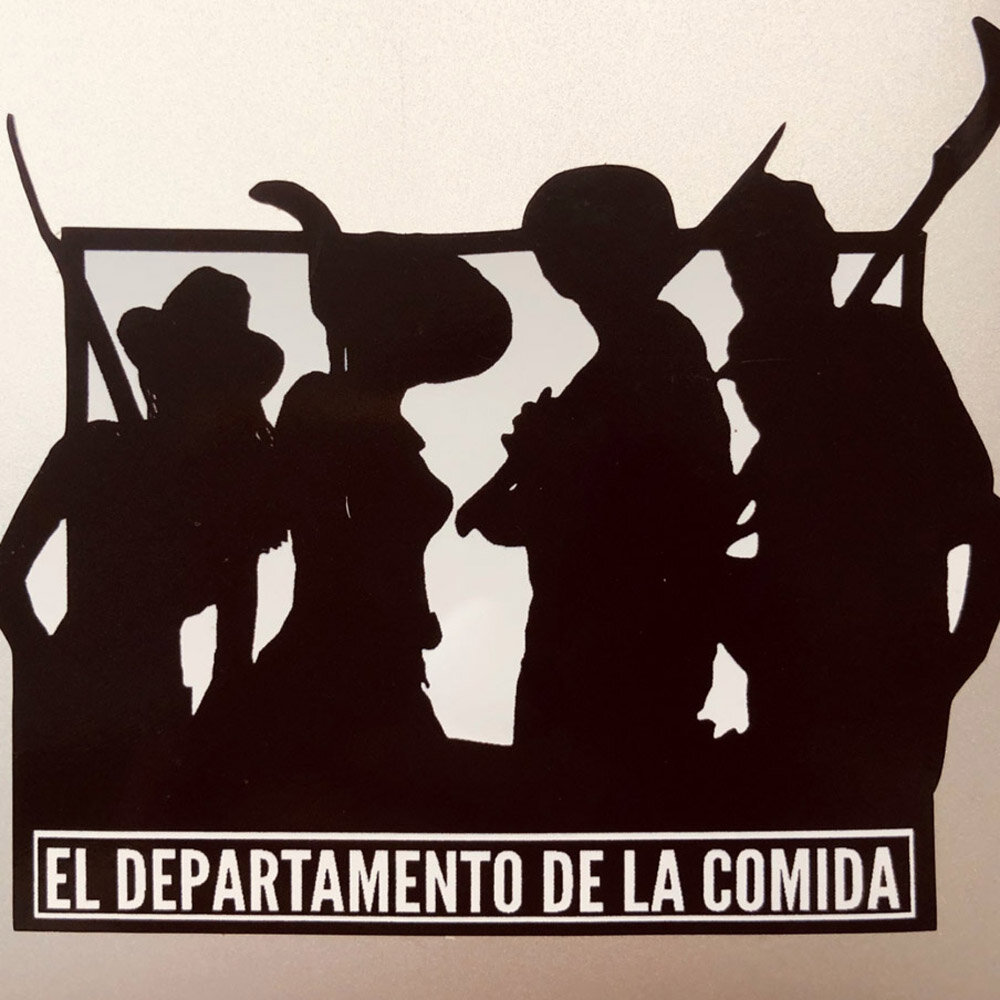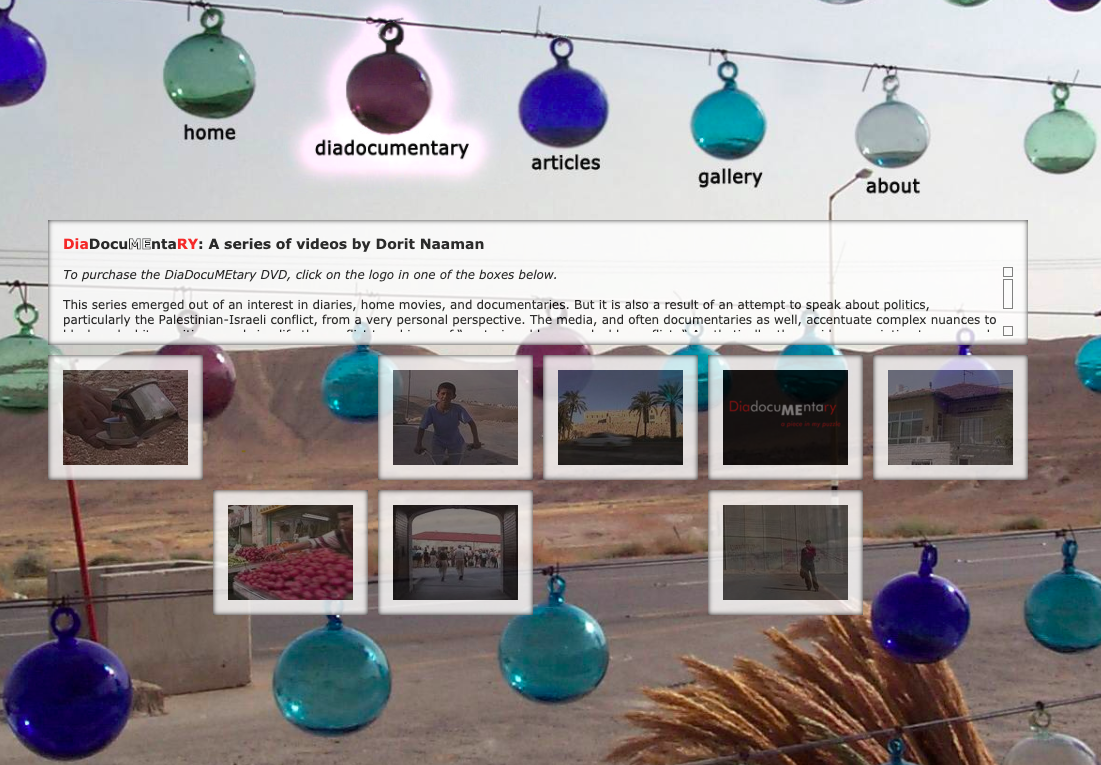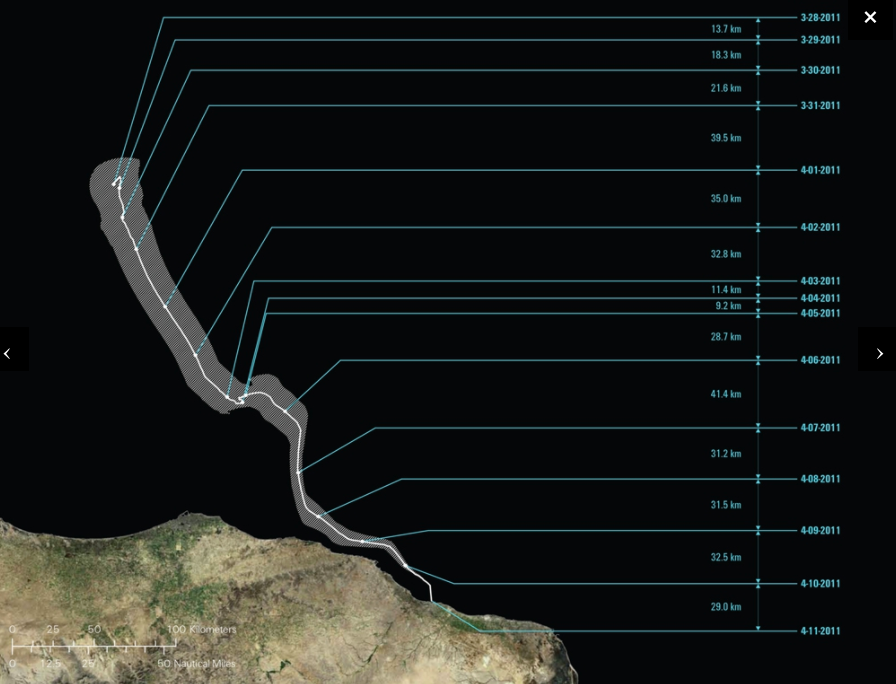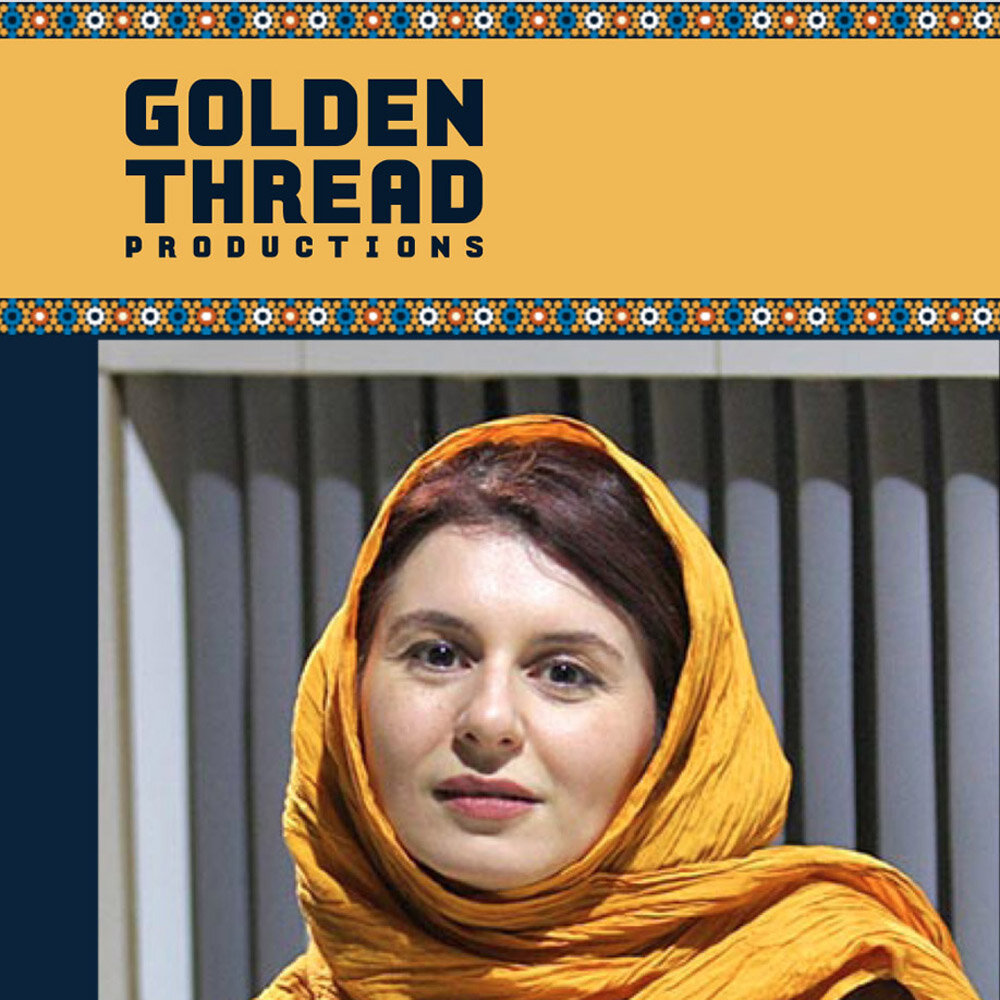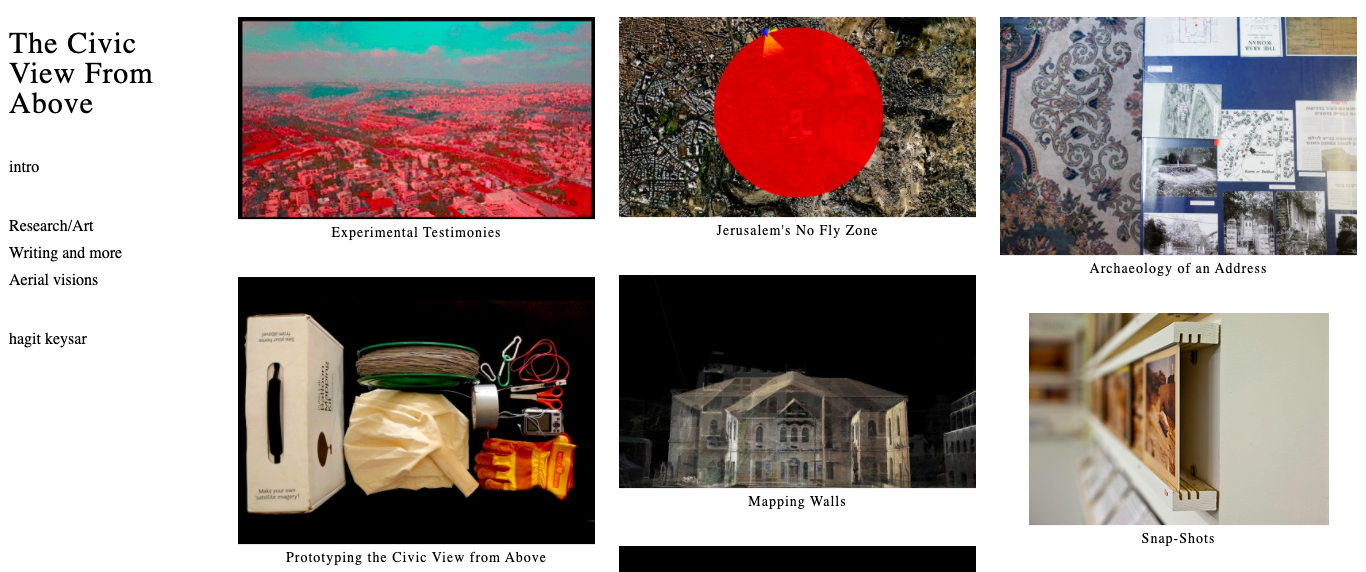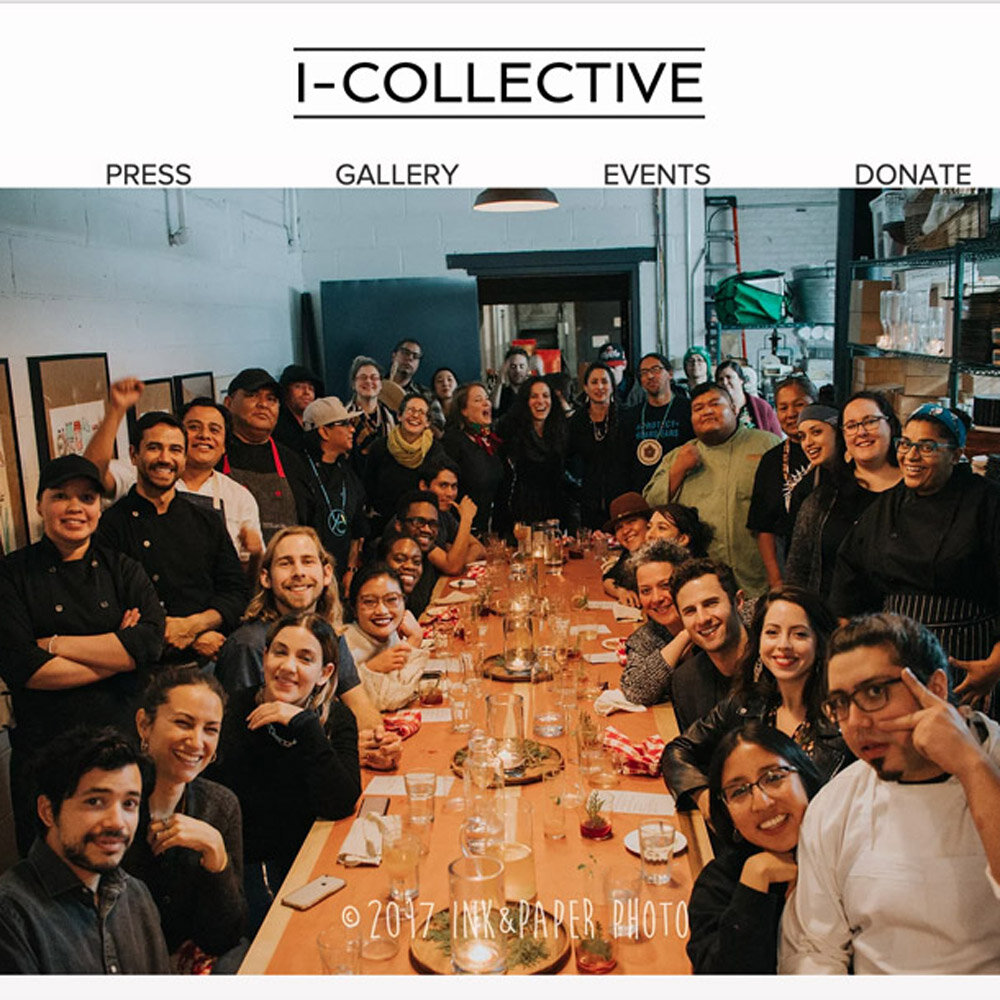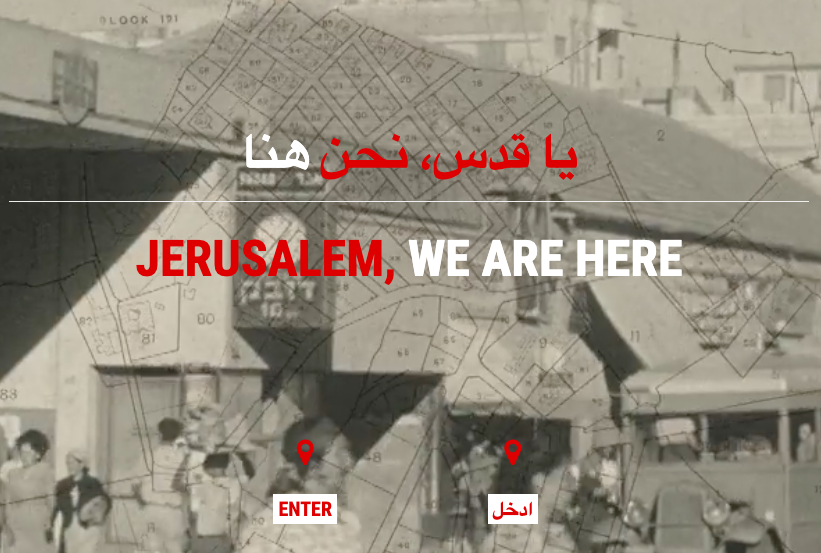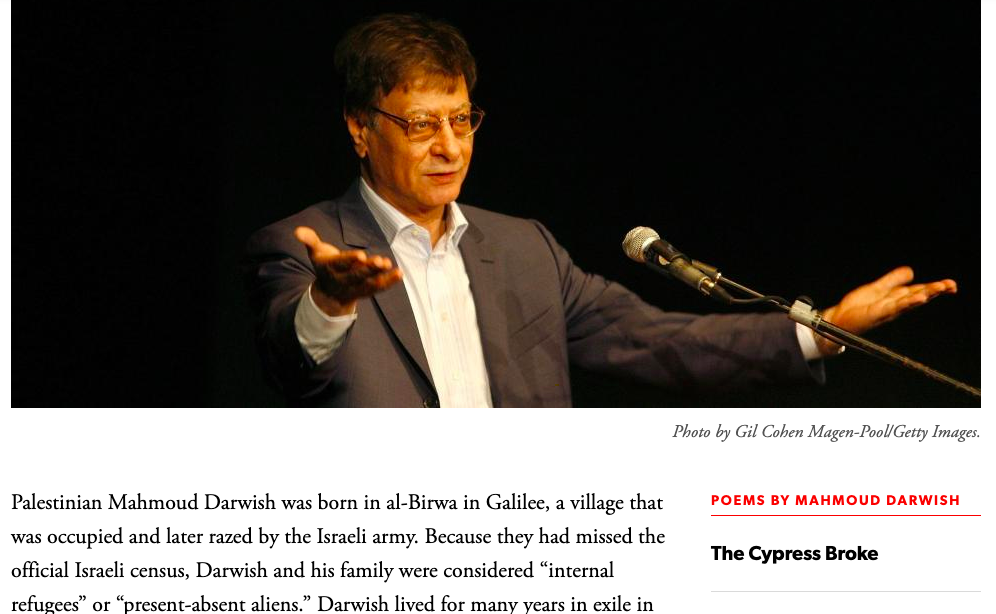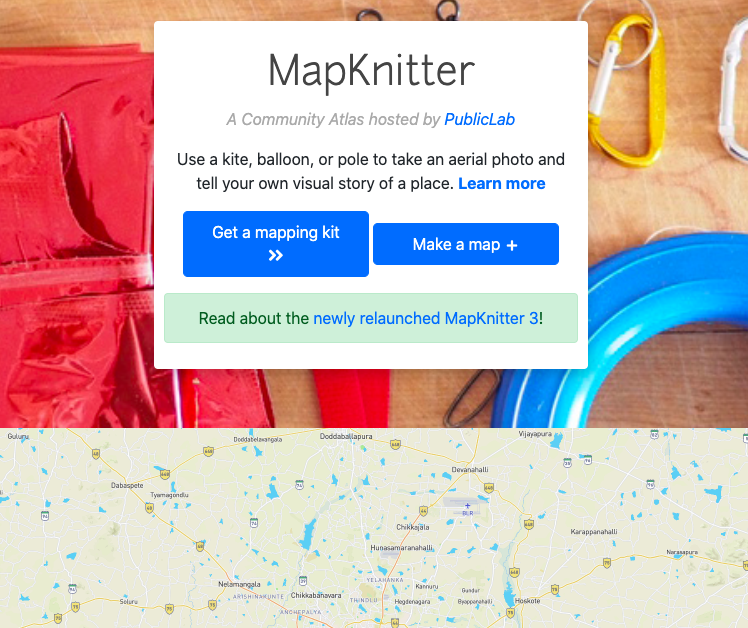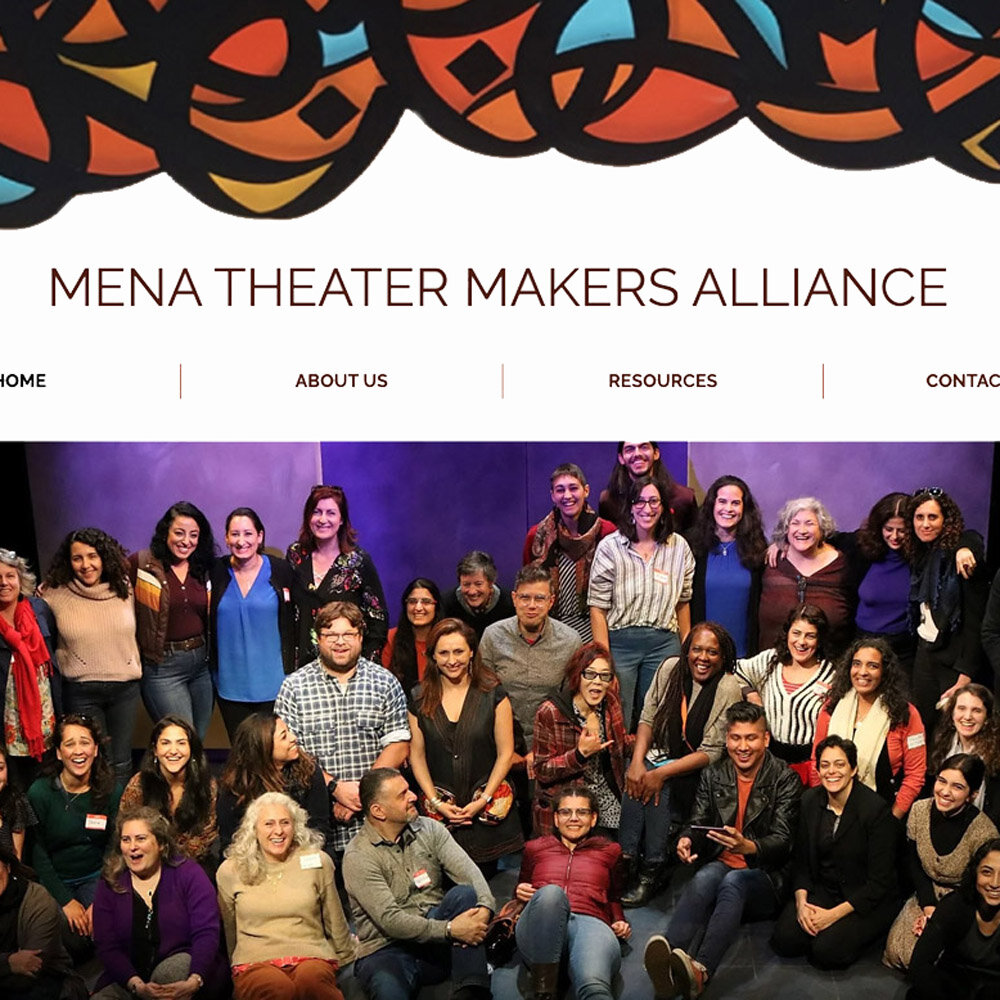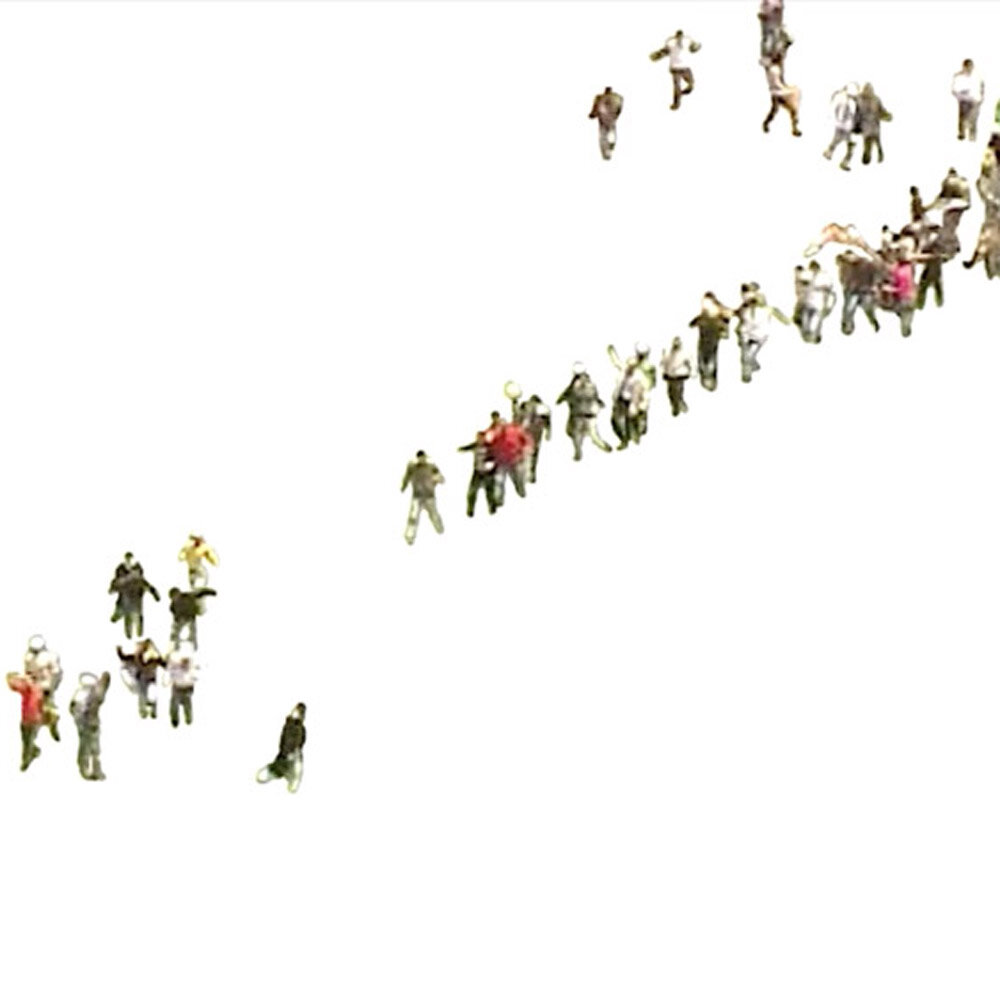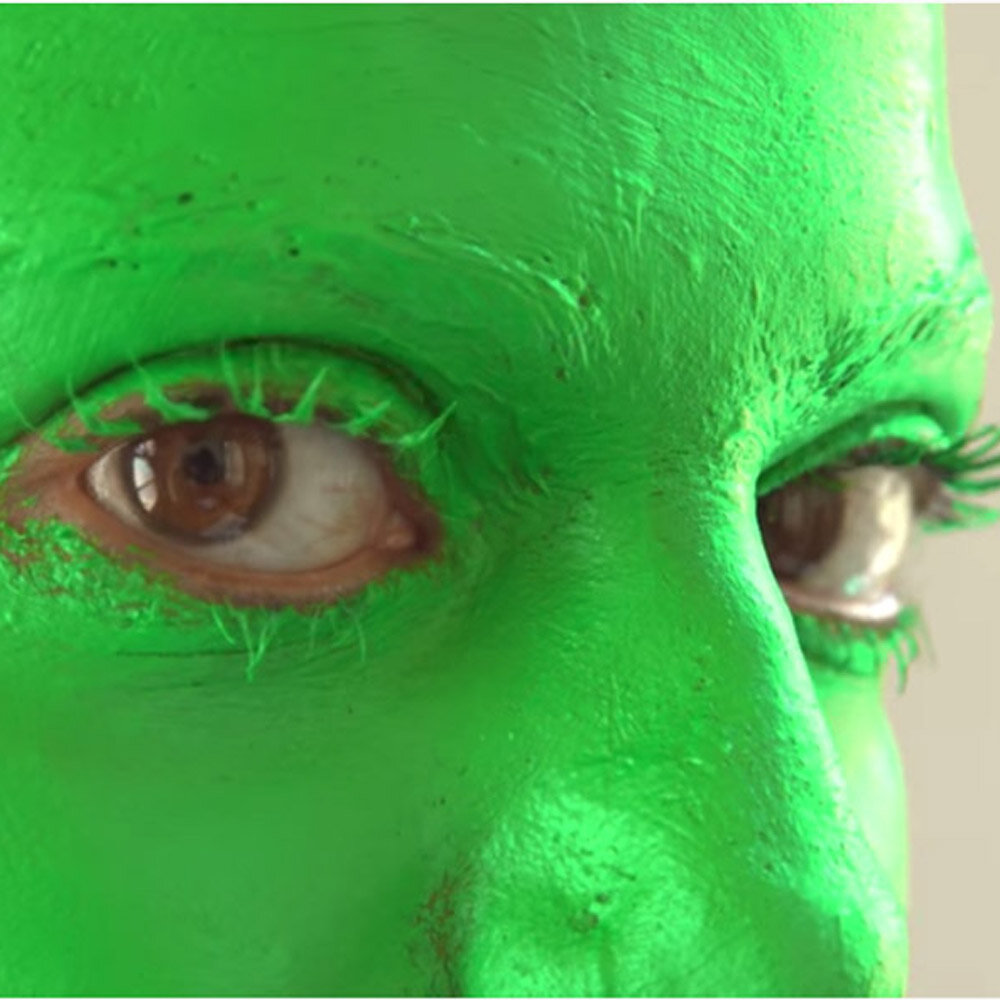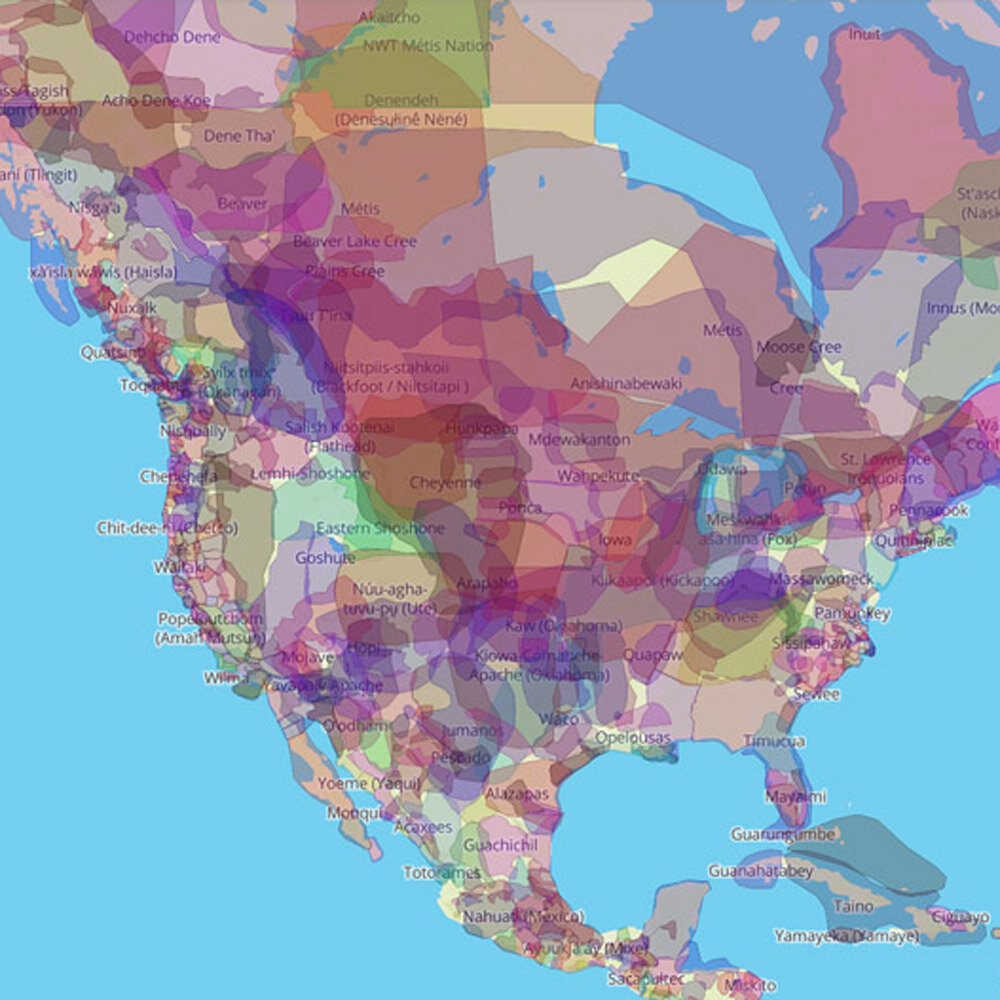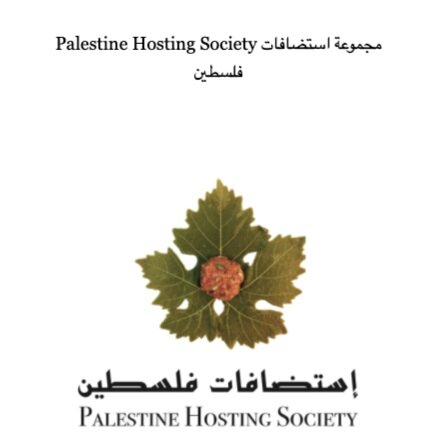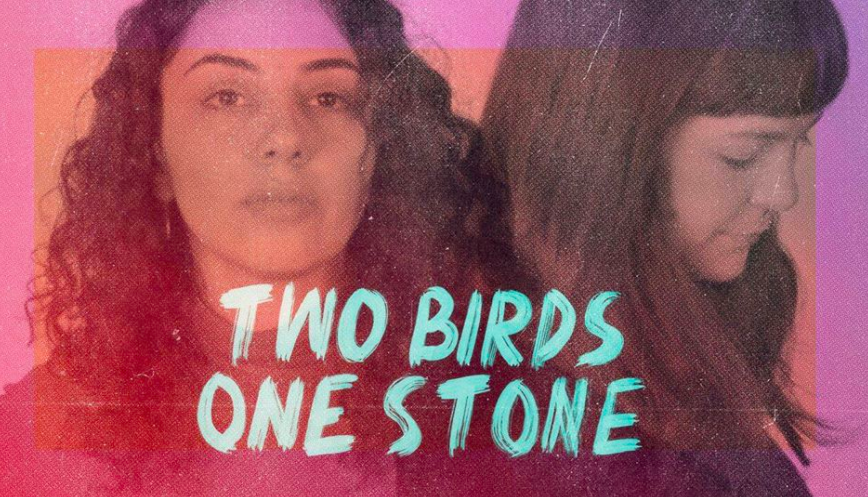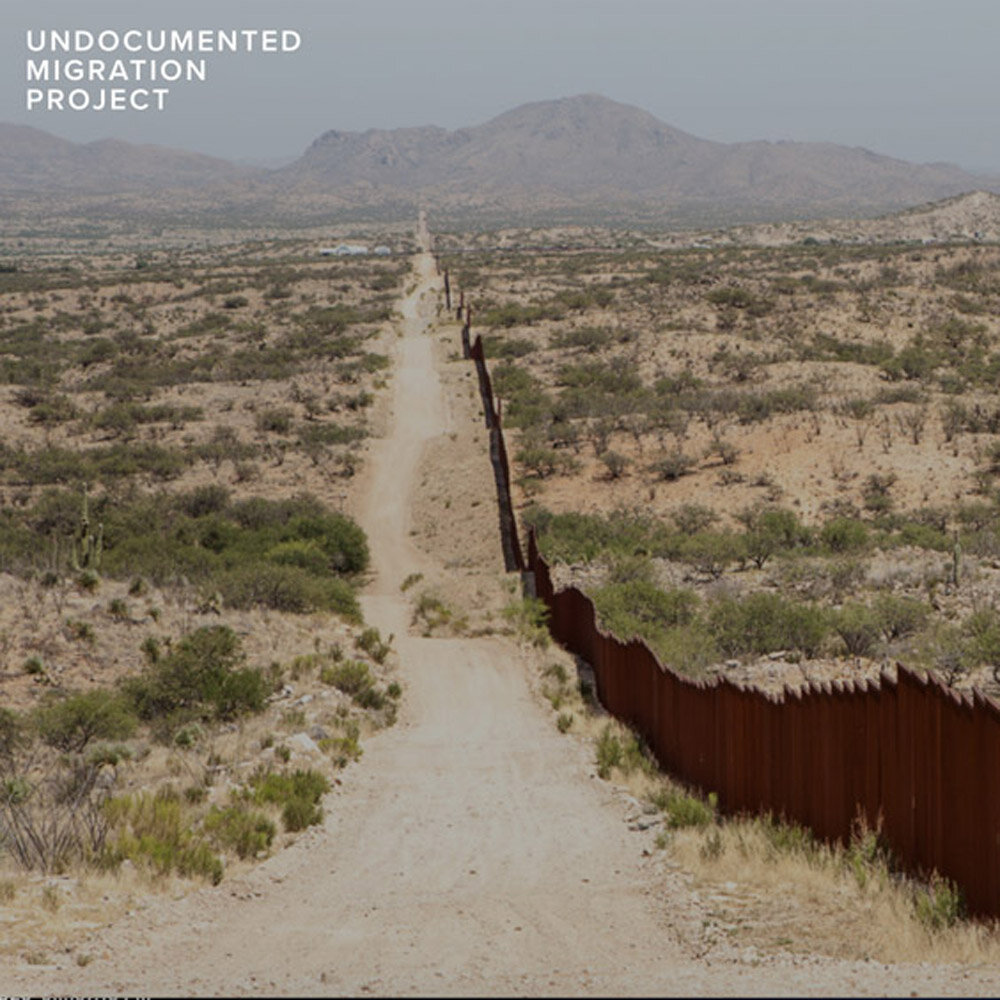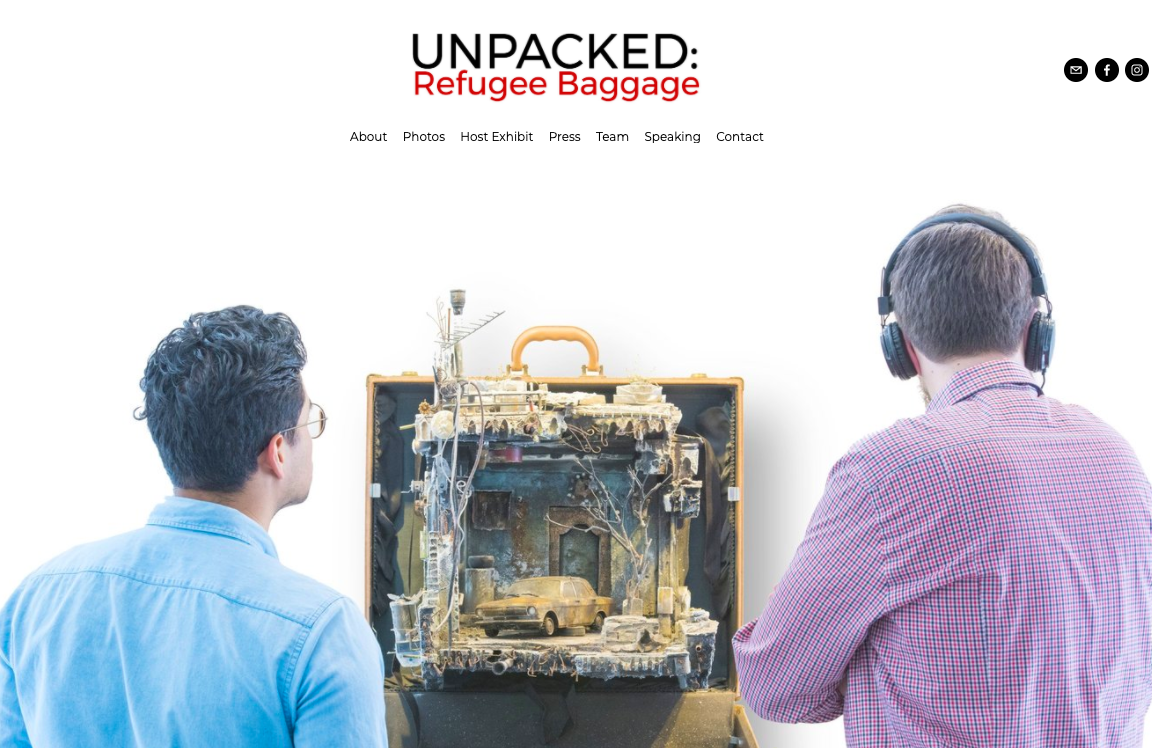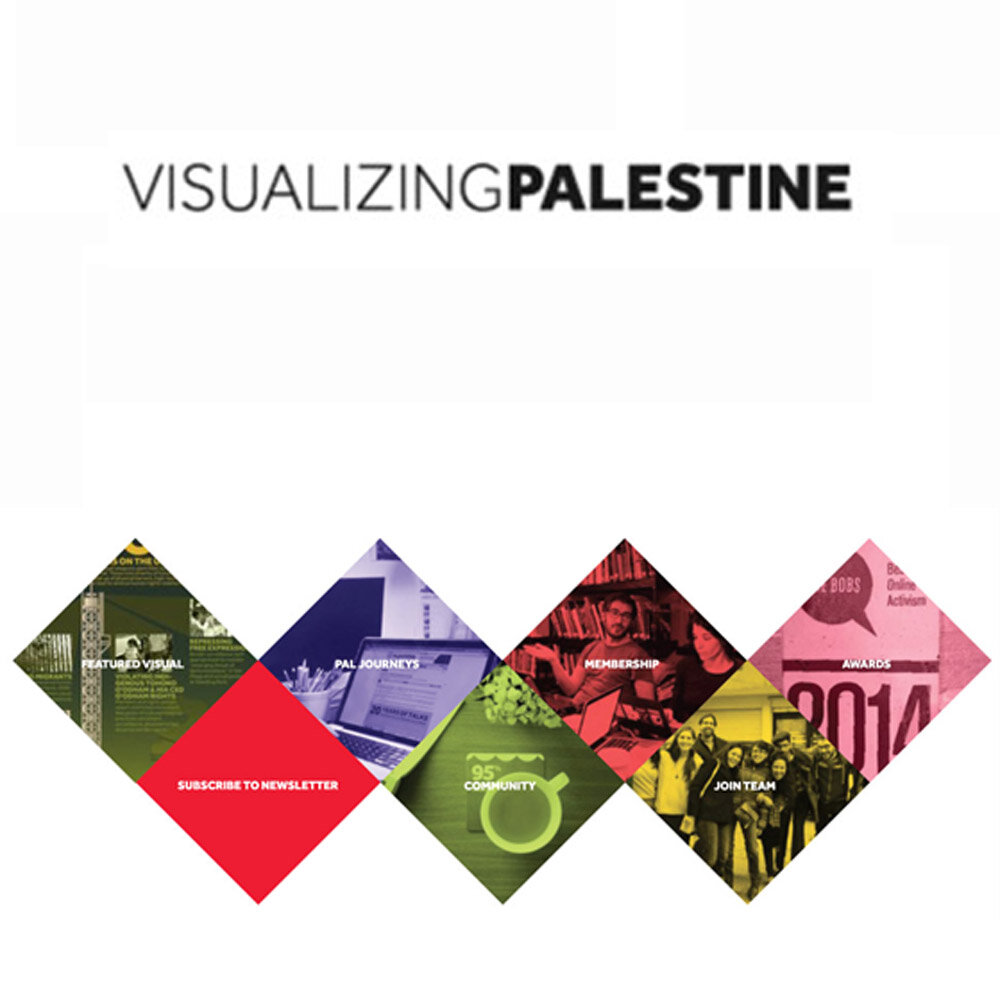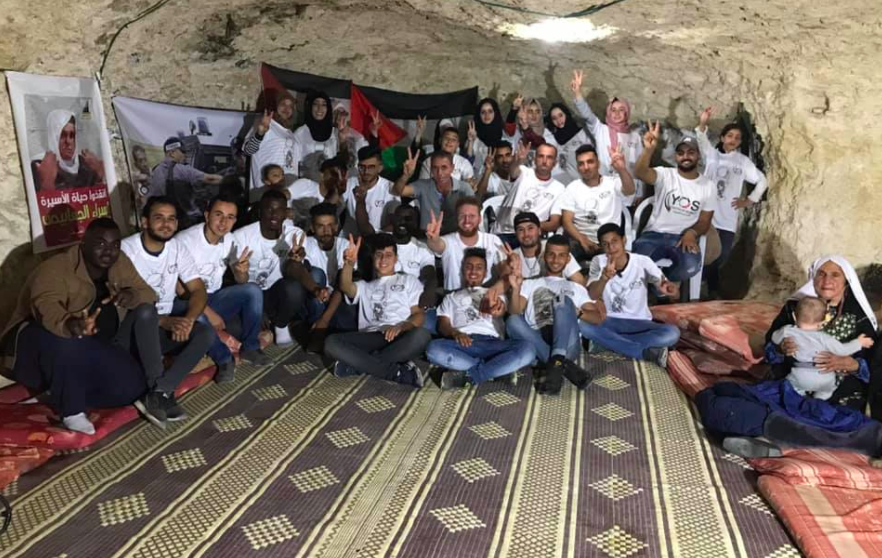A letter from the editors of Volume 2
Read MoreRooted in the Future
Artist and chef Mirna Bamieh on creativity, collectivity, and survival
Read MoreCommunity Satellites
Artist Hagit Keysar on do-it-yourself aerial photography in Israel/Palestine
Read MoreLand that Lives in the Body
Writer and theatre artist Cory Tamler on embodying Jewish Baghdad in Debórah Eliezer’s solo show (dis)Place[d]
Read MoreReclaiming Space through Absence in The Book of Disappearance
Novelist Ibtisam Azem talks to GrayLit about fiction’s role in Palestinian sovereignty
Read MoreOn the “We” in Jerusalem, We Are Here
Film theorist and documentarist Dorit Naaman on creating virtual tours of Jerusalem's Palestinian history
Read MoreQue No Se Pierda La Semilla
Tara Rodríguez Besosa on OtraCosa's work to decolonize and heal Puerto Rico, with photos by Adnelly Marichal
Read MoreUmm Means Mother
Landscape, memory and fantasy in Rimah Jabr and Natasha Greenblatt's auto-fictional theatre-making
Read MoreVolume 2: Selected Resources
Online Material / Books and Articles
Books and Articles
Bookshop is an online bookstore with a mission to financially support local, independent bookstores. Bookshop also supports anyone who advocates for books through their affiliate program, which pays a 10% commission on every sale, and gives a matching 10% to independent bookstores. GrayLit is a Bookshop affiliate; all income we make through commissions goes to supporting our contributors.
What Is GrayLit?
This letter from the editors introduces the first volume of GrayLit, including some of the questions and aspirations driving the project as a whole.
Read MoreBath Time
In this interview, curator and writer Sarah Burney asks artist Sharif Waked about his work Bath Time, an enigmatic video of water washing off a donkey painted to look like a Zebra. They discuss Waked’s thought process around the video. An interview with Enaya the donkey follows.
Read More"Precarious Privilege"
Writer, scholar, and activist Efrat Yerday shares her perspective on the history and current position of Ethiopian Jews in Israel/Palestine, how Ethiopian activism has changed in recent years, and how Ethiopians and Palestinians face the interlocking systems of Zionism, white supremacy, and anti-semitism.
Read MoreHome and Blood, Like Land and Water
Camille Hoffman’s collaged landscapes made from materials found in dollar stores explore homeland, disposability, and diaspora.
Read MoreThe Photo Album
Artist Jordan Nassar interviews his father about the experience of being in Gaza when the Oslo Accords were signed.
Read More

